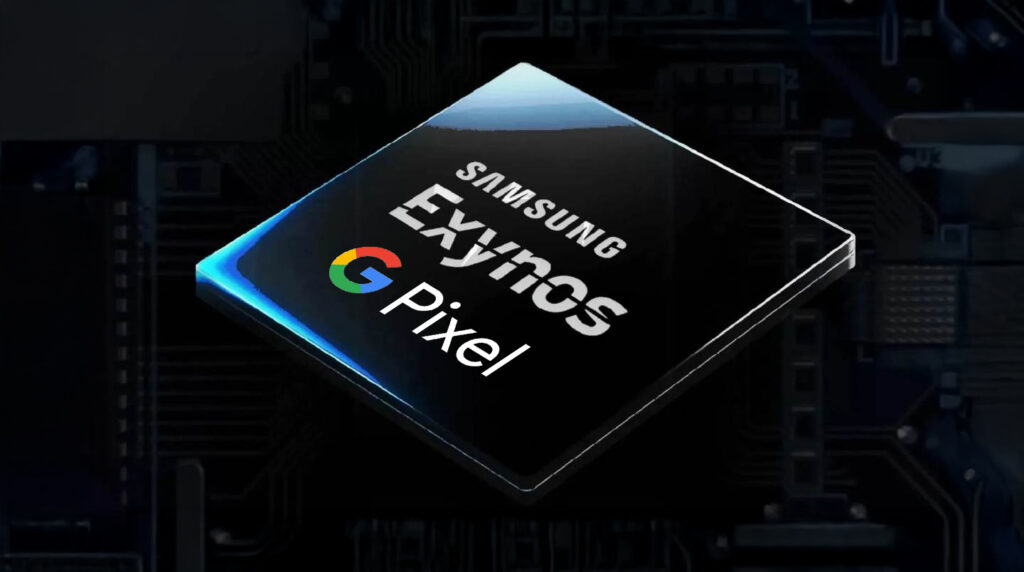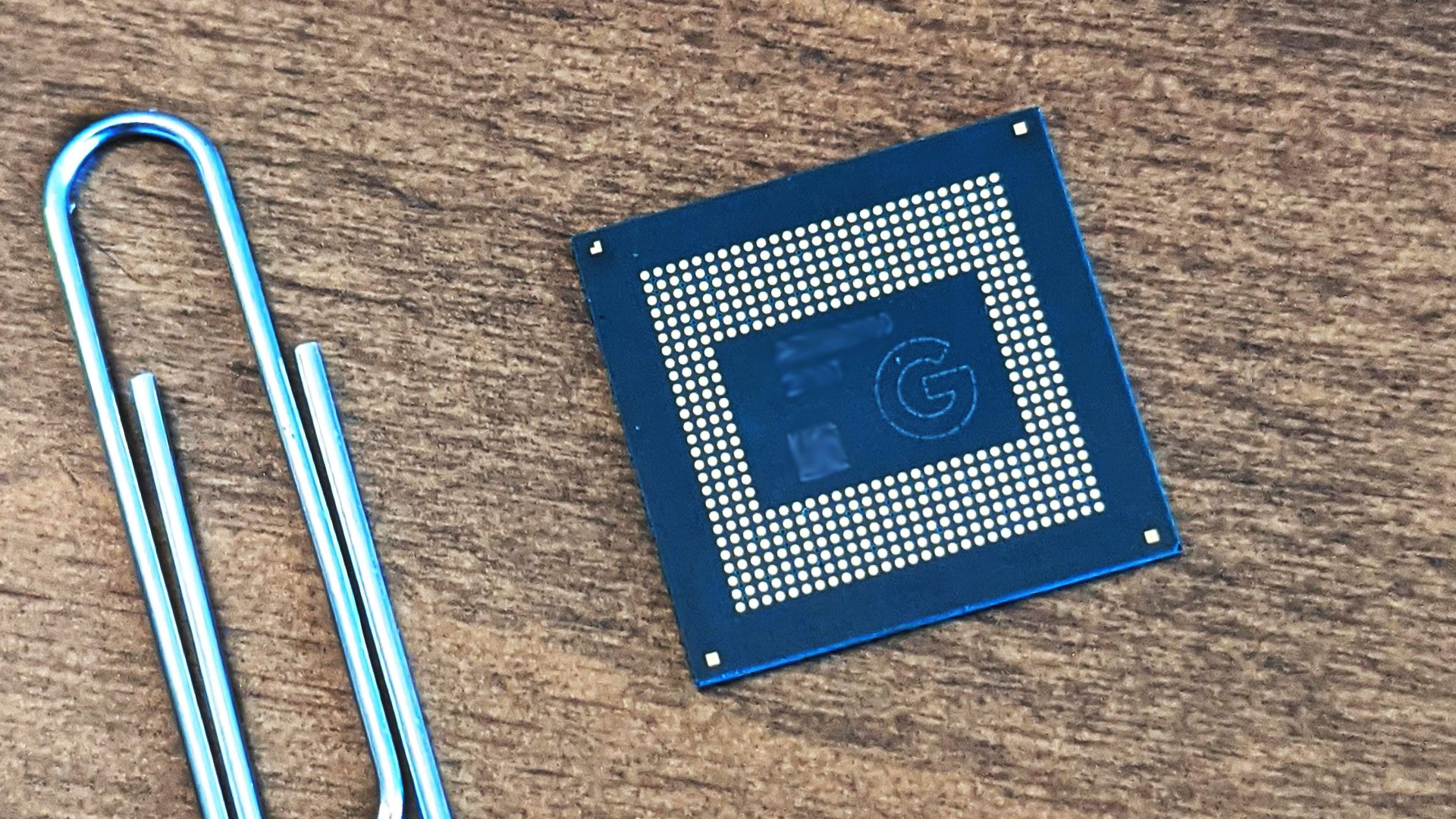Samsung and Google have been long-time partners, especially when it involves the development of Google’s Tensor chipsets for Pixel smartphones. However, recent reports detail that this collaboration might be in for a significant change with Google’s next generation Tensor G5 chipset shifting away from Samsung’s Exynos-based architecture.
The End of the Exynos-Based Google Tensor Chips?
Since the debut of the first Google Tensor chip, it has been using Samsung’s Exynos technology as the backbone for its in-house SoC. After the Exynos-based Tensor G1, the Tensor series went on to include a few more models like the Tensor G2 and G3 that were based on the architecture provided by Samsung. However, that is going to change with the Tensor G5.
While that is what we have been expecting, a new report suggests the Tensor G5 will actually ditch the cores from Samsung Exynos. Instead, the next-generation chip seems to adopt an entirely new architecture and mark the end of this Exynos-based Tensor collaboration between the two giants-Samsung and Google. This deal would definitely affect both companies’ future strategies for the mobile chipset market.
A Change in Modem Supplier and Manufacturing Process
It’s also confirmed that, beyond ditching the Exynos cores, Google’s Tensor G5 will make a change from its previous modem supplier. So far, it has been provided by the Shannon division under Samsung. But this time around, MediaTek takes over, providing the MediaTek T900 modem inside the new chipset.
Moreover, the production of Tensor G5 will not be kept under Samsung’s semiconductor business but rather shifted to Taiwan Semiconductor Manufacturing Co., believed to possess one of the most advanced fabrication technologies. That will be quite a change in the manufacturing and supply chain of Google’s chipsets for mobiles, as TSMC always remained a leader in the chipmaking industry.
What It Means for Samsung and Google
This could be a really influential change of events for the fortunes of both companies: First, at the end of the road for the Exynos-based Tensor chipsets, Samsung loses one of its major customers for semiconductors-a partner that does help in ensuring better future revenues and expansion in the mobile chipset sector. On the other hand, it appears that Google wanted more control over its chip developments and hence is no longer dependent on the supplies from Samsung. That would mean an improvement in overall performance, efficiency, and capability of the Tensor chips at Google since MediaTek and TSMC are firms that have dealt with high-performance, power-efficient components.
This may also be a strategic step on the part of Google: parting ways with the Exynos architecture of Samsung and going instead with MediaTek for the modem and TSMC for production. Though the implications of this move are yet to be fully seen, one thing is certain: the collaboration between the two giants-Samsung and Google-has entered into a new phase where each company seeks to take a different route in the mobile technology landscape that is constantly under change.





